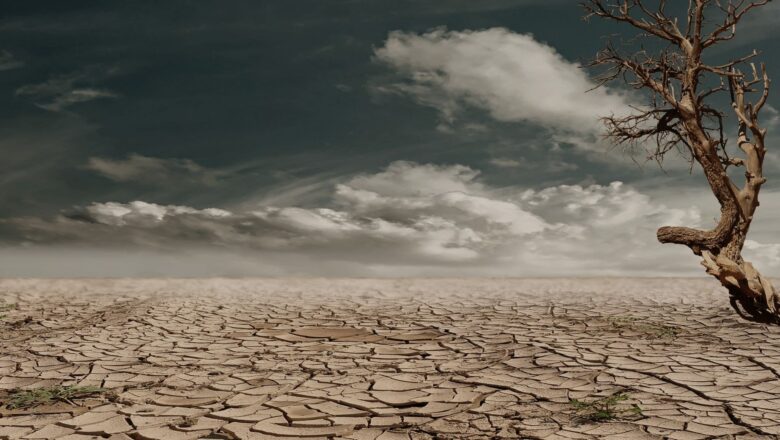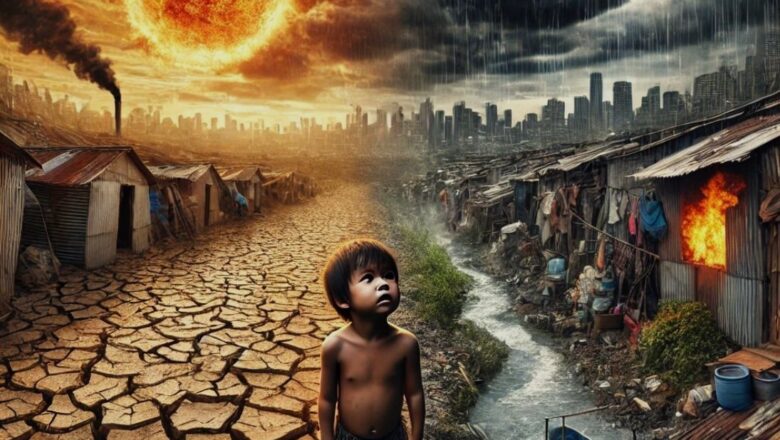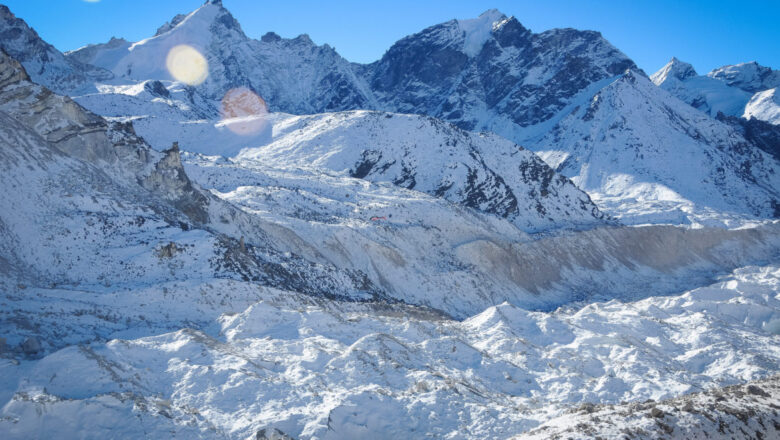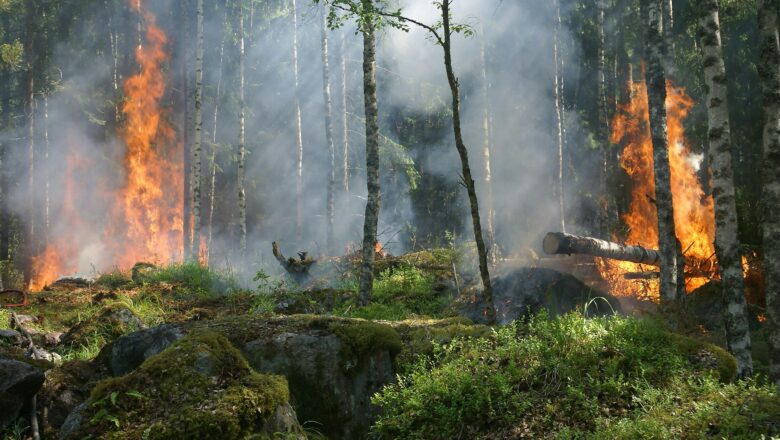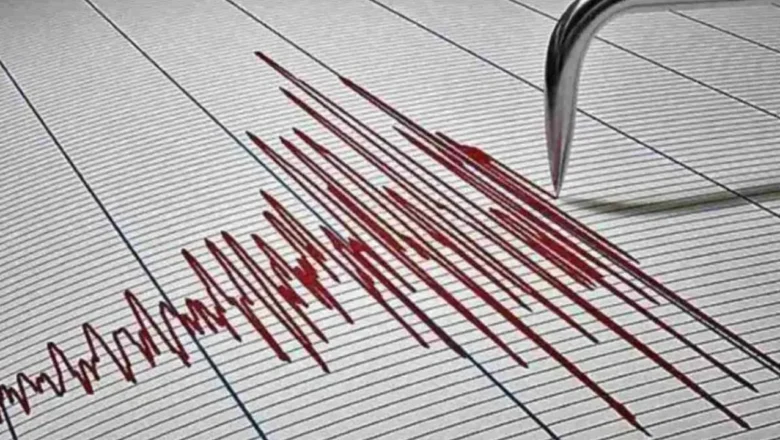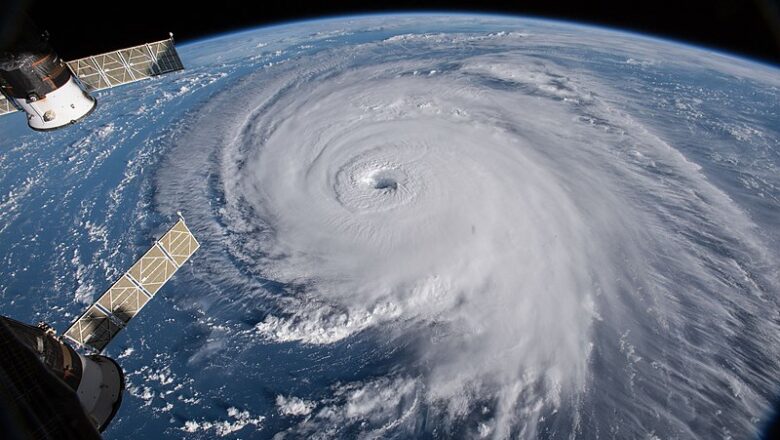
AI Set to Revolutionize Flood Forecasting After Hurricane Success
Artificial intelligence is reshaping hurricane forecasting, with major breakthroughs already recorded in 2024. Google’s AI model correctly predicted Hurricane Beryl’s landfall in Texas days ahead of traditional systems that anticipated a Mexico strike. Another AI system successfully forecasted Hurricane Francine’s Louisiana impact well before conventional models issued similar warnings.
Now, researchers are exploring AI’s potential in a critical new area: predicting flooding caused by hurricanes. At Florida International University (FIU), scientists are developing AI-driven flood models that promise rapid, high-resolution forecasts, potentially transforming emergency responses during storm events.
Unlike traditional physics-based systems that simulate water movement through compl...

